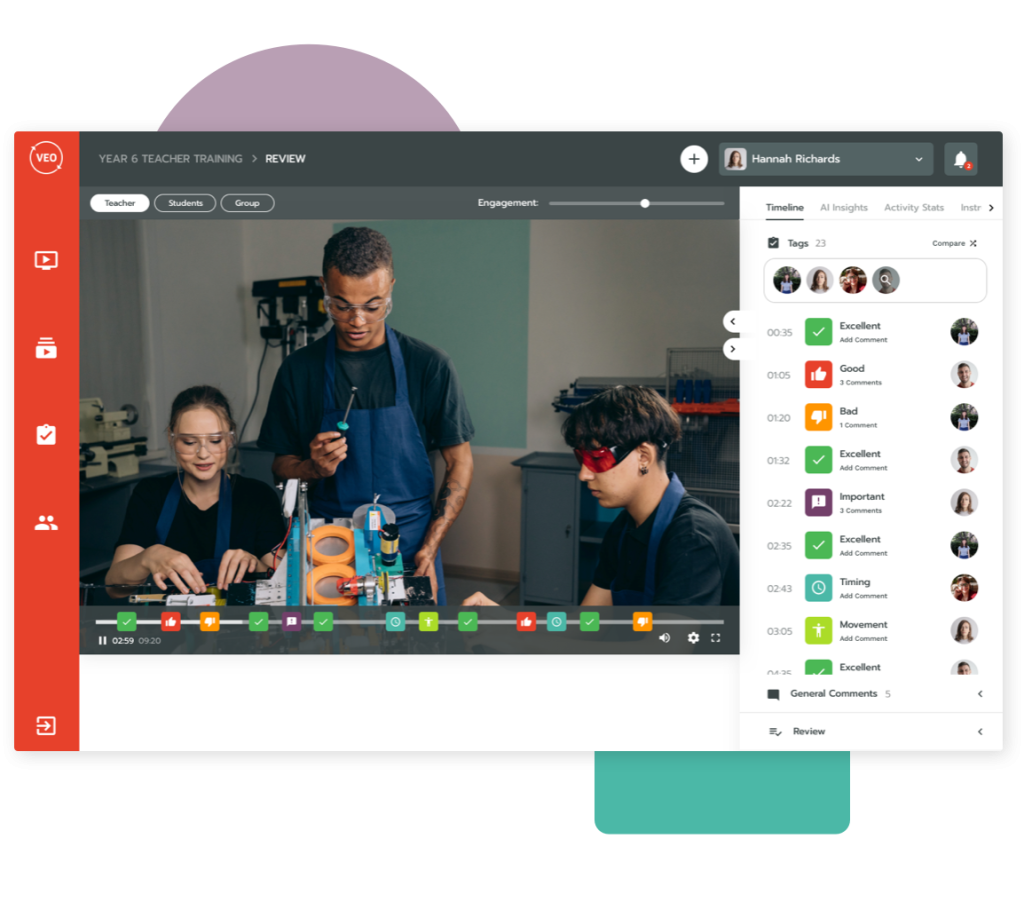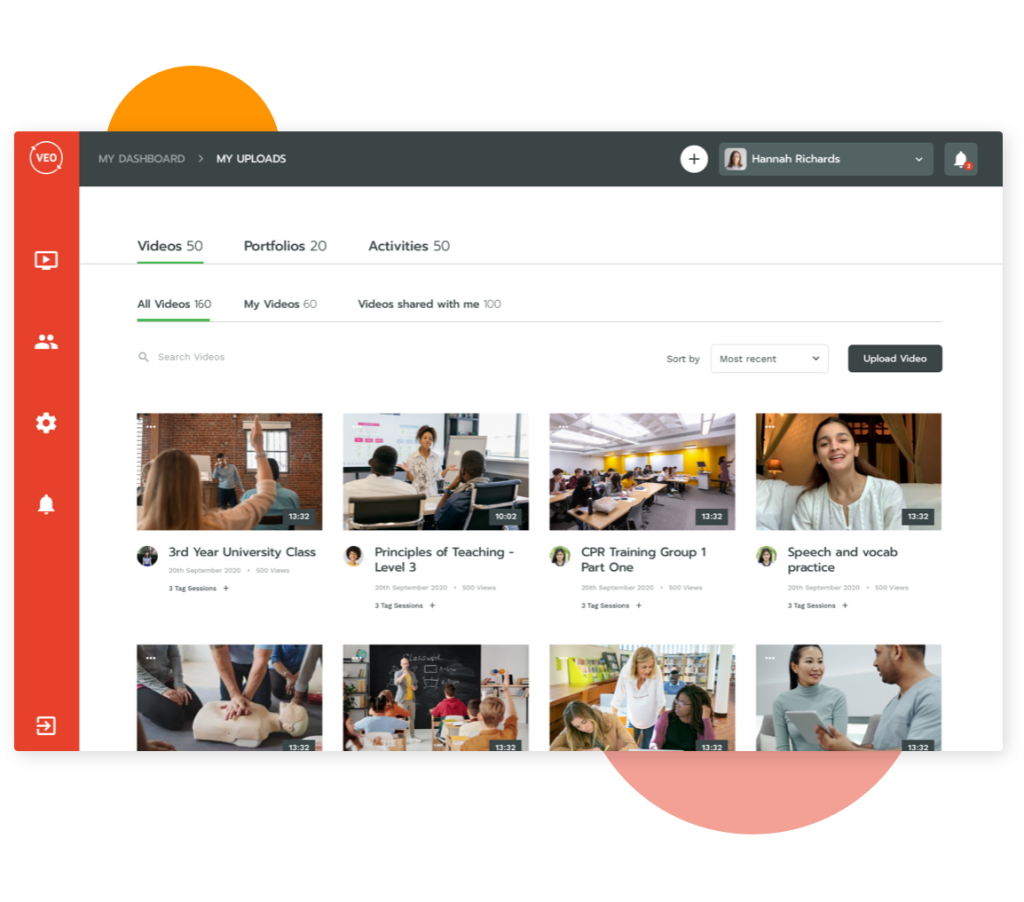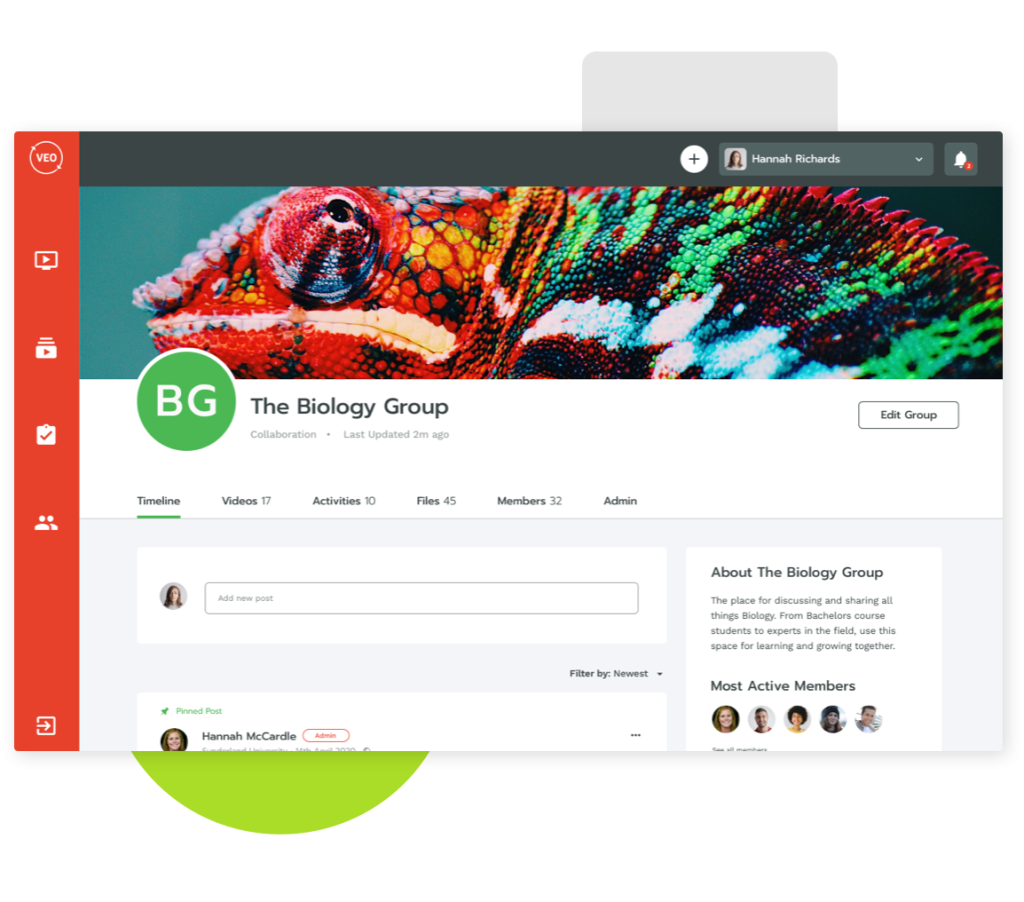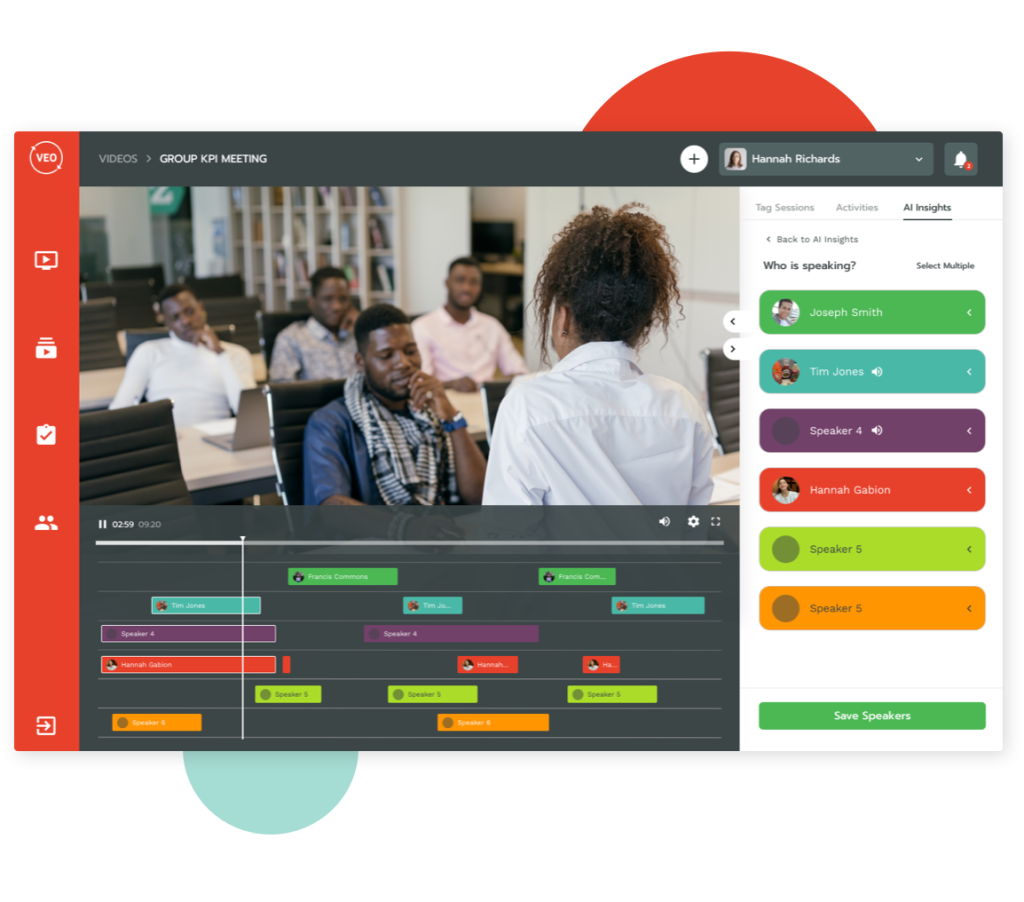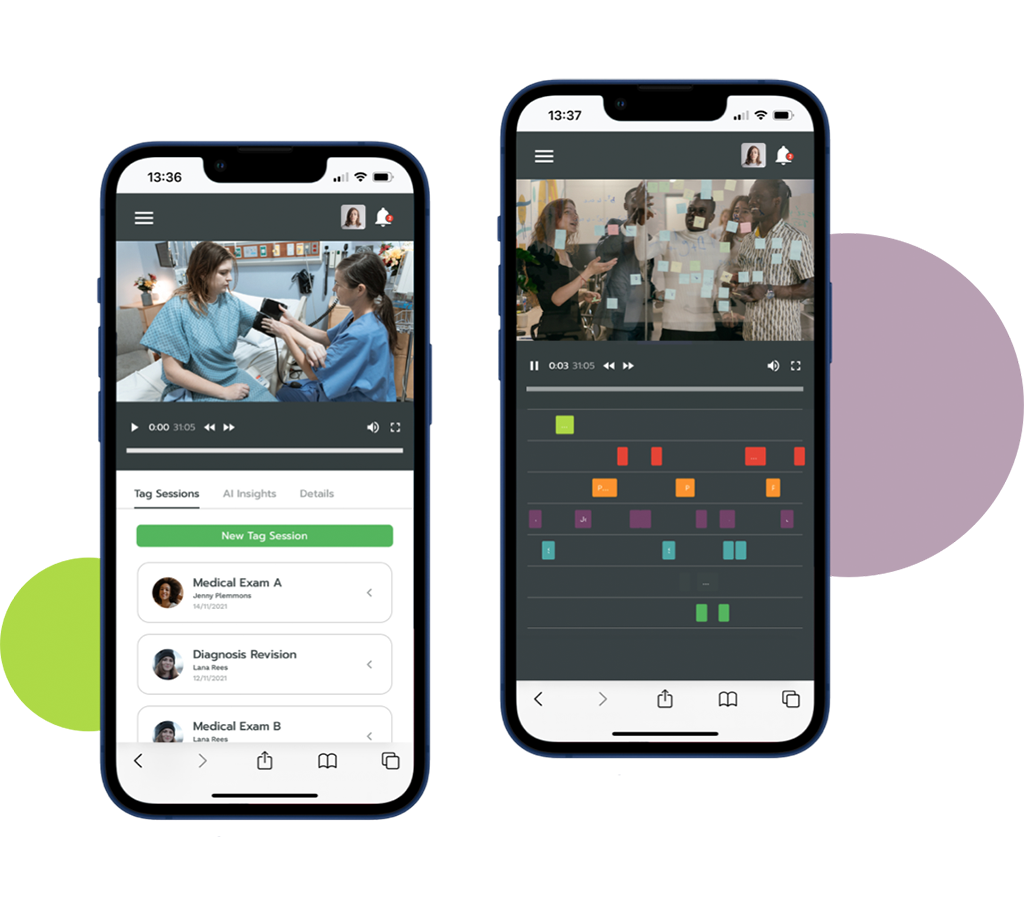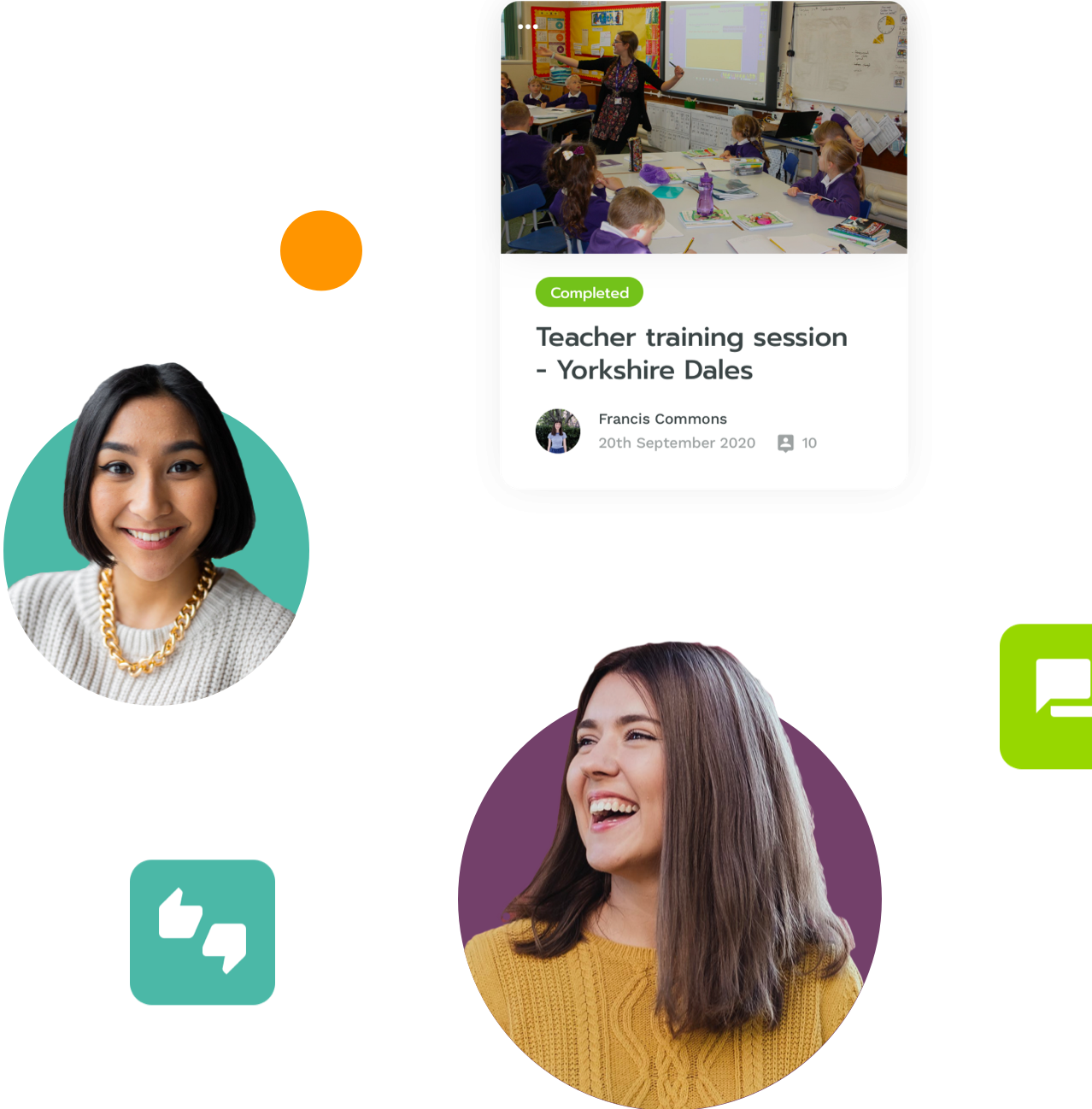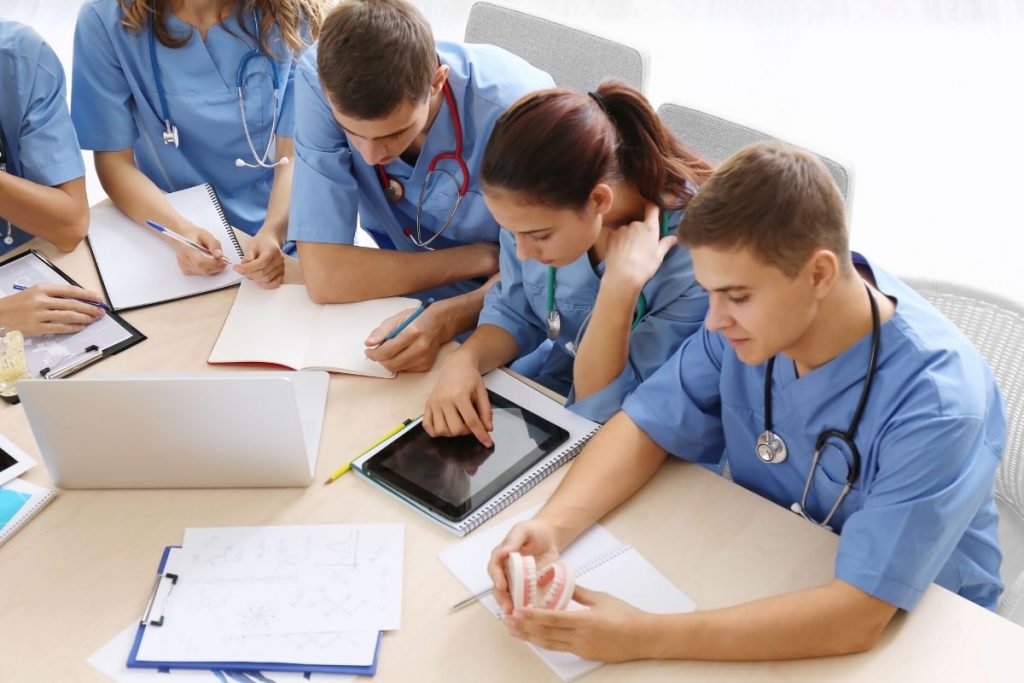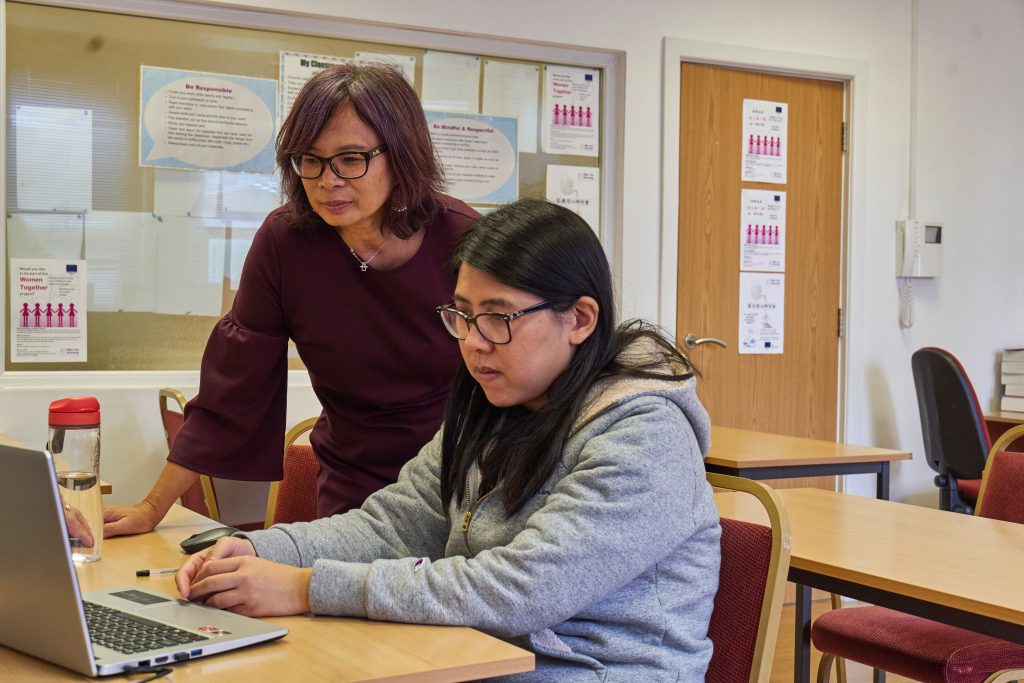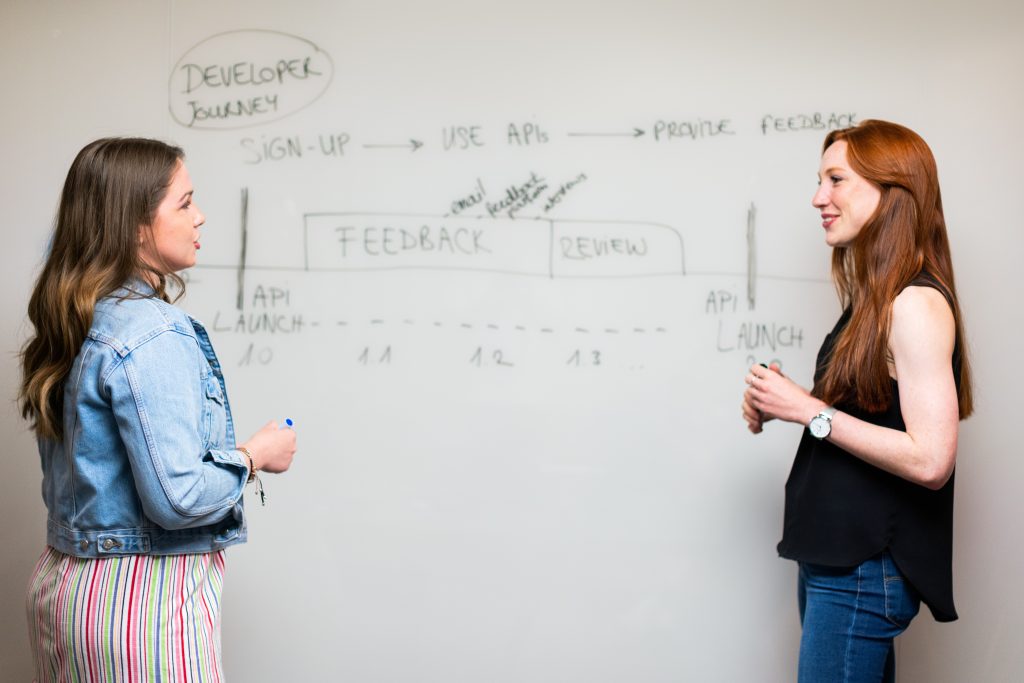Nick Manthei is a Senior Professional Development Services Consultant at Oxford University Press. Nick has utilised VEO while training English as a Foreign Language teachers in Turkey. In this guest blog, Nick talks about how video observation stands out from other learning technologies, and how VEO has improved his instructional coaching programmes both in Turkey and beyond.
In this guest blog, Nick talks about video observation stands out from other learning technologies, and how VEO has improved his instructional coaching programmes both in Turkey and beyond.
As the father of two young children, I visit toy shops seemingly every month. What always boggles my mind is the number of ‘educational’ and ‘interactive’ toys on the shelves, often with lights, sounds and the need for multiple batteries. Every so often I buy one of these electronic toys, hoping they are truly educational and interactive. But in fact, what I have found is that nearly anything can be educational and interactive. An empty box can capture the attention of my 1-year-old son for the same amount of time something with lights, levers and sounds does, if not more. In reality, it is the parent, caretaker or sibling that can really make an object educational and interactive, not the actual toy.
The same is true for asking our students to engage in a speaking task online. There are wonderful platforms to support this (my favourites are Vocaroo and Flipgrid) and students can do creative things with these applications. Recording speaking online has the extra benefit of students practicing again and again, re-recording themselves until they feel confident with what they produced. In reality though, I have found from conversations with teachers that some classes actively participate with the web tools while others do not. Why are the results mixed? I imagine that the difference is where teachers, like parents with young children, are in helping to support students and finding ways to engage them.
‘Digital natives’ are often great with Instagram, but not Microsoft Word.
This is true for education in general. Before the Covid-19 pandemic, there was a continuous loop of hype around educational technology and all the great things it can do to help academic achievement in the classroom. But 20 months into pivoting to online teaching has shown us some of the limits of using technology to support academic achievement. Supposed ‘digital natives’ are great with using a filter on Instagram, but they do not have the slightest clue on how to use Microsoft Word.
Professor John Hattie, author and researcher who specialises in compressing tens of thousands of educational research studies, finding what works and what doesn’t, has often written about technology and how much it helps learning. Sifting through the pile of data, he has found that the evidence on using a variety of different educational technology ‘suggests that it is at best average’ compared to the learning achieved in a regular classroom. Hattie has mentioned before that technological tools are best if they supplement the in-class learning, not replace them.
One technology that stands out from the crowd
Currently, there is one technology that stands out from the crowd. One that more than doubles the effect on student achievement in an average classroom. Video observation.
Hamilton and Hattie state that ‘Only one technology-related intervention [has] the potential to significantly accelerate achievement. This is the use of video recording technology, whereby teachers can film and then collaboratively review their lessons (this is sometimes referred to as micro-teaching…). Analysis and review of these video recordings are used to enhance teachers’ self-efficacy, collective efficacy, and the implementation of high-impact teaching strategies like feedback and success criteria.’
Recording lessons allows teachers to see the impact they are having on the students with each task and method. These recordings can then be shared with colleagues and/or a coach that create a great starting point in having professional learning conversations. Doing this consistently throughout the year enhances teacher performance, self and group efficacy, and leads to greater student achievement.
Teachers have a unique job in which much of their work is never seen by colleagues (besides seeing this in grades) and are often left on an isolated island in the classroom without much support. Video recordings, especially on video platforms that can time-stamp ideas and analyse the amount of talking by multiple participants, can give teachers an objective view of what is going on in the classroom.
Using VEO
Before doing my Master’s in 2017, I was one of those teachers that thought technology in education would revolutionise learning. In that same year, I was a new dad and scoured the internet for the best electronic toys that would enable my daughter to be one step ahead of the pack. My studies in higher education and as a father that year showed me that technology did not hold all the keys to better learning.
When I joined Oxford University Press Turkey in 2018 I was delighted to find that the company was using one of the best technological tools available, VEO. That was a true game-changer. We have used VEO for instructional coaching for multiple schools both in and outside of Turkey with much success. After following up with teachers a full year after completing the video coaching, one teacher responded to our survey saying: ‘Seeing yourself from the ‘outside’ is extremely helpful. This is something that we don’t really get the chance to do during other PD initiatives.’
We continue to use this game-changing technology in Turkey to reach teachers at their level, according to their needs and curiosities. Technology may not be the answer to everything, but when it is proven that it can make long lasting changes we need to make the most of it.
